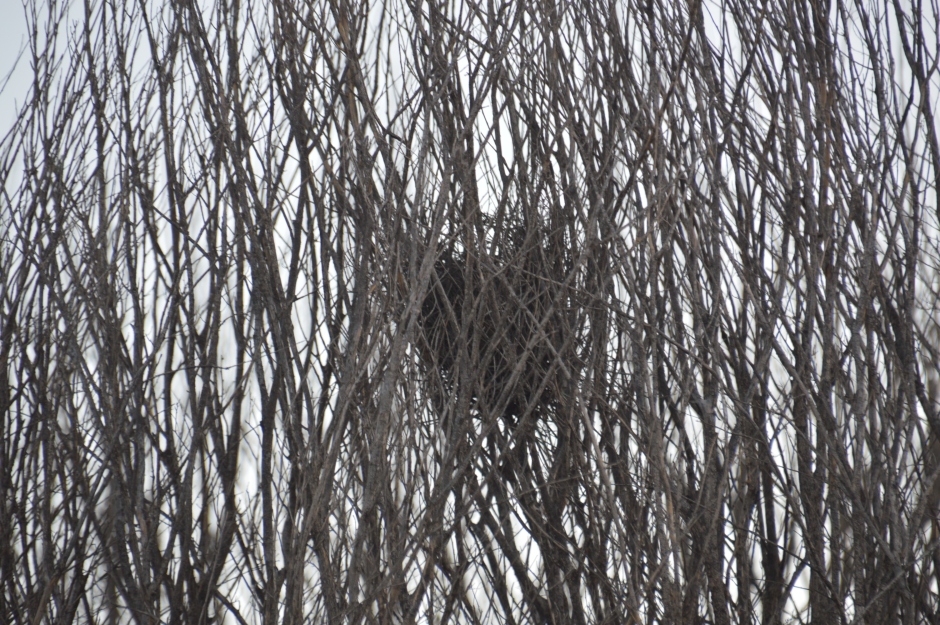“Old age isn’t a battle, old age is a massacre!” Philip Roth
Philip Roth’s words are confronting. To continue the metaphor, avoiding the battle is of interest to many and has led the growing acceptance of voluntary euthanasia. Most of us will have long lives and unless we have a heart attack or an aggressive cancer, with the aid of modern medicine, will probably die slowly. Unfortunately, anticipating the impending doom and deciding what to do about it requires retention of our mental faculties and the period leading up to death often strips us of these. Losing our memory often moves us into residential aged care, the frequent site of the massacre.
There is now a Royal Commission into Aged Care, Quality and Safety. It is actually a royal commission into us, our values, and concerns each of us intimately. What is to become of our lives? The commission will have a job to root out “the dark secrets of aged care” (AFP headline) and neglect. The rightful distress and indignation of partners and younger relatives will be broadcast. Everyone will want the best, but the best is elusive in a world where others take care of our loved ones. And I am yet to hear a single voice of an aged person over the hanging crowd of concerned others.
Both my parents are alive and living together independently. They drove themselves to Darwin at 93 and 87 to be nearer their great grandchildren. My wife and I were looking at places they could live. I was a little aggrieved that the people showing us around a quite smart aged care ‘resort’ thought we were wanting to move in! I have been lucky that my parents are so capable and independent at their age, but many baby boomers like me have fathers and mothers, brothers, sisters, aunts and friends in residential aged care. Many residents do not know their visitors any more, some do not have any.
I have worked in aged care as a GP all my career. I have been massively impressed with the quality of care residents have received in the Northern Territory in the urban centres and at Mutitjulu community near Uluru. I have vivid memories from this rewarding work. An old toothless woman from Tiwi Islands mumbling “Fire … Fire” impatiently pointing to the floor next to her nursing home bed on an unusually cold Darwin morning. I got her a blanket instead which did not suffice. A Scandinavian man in his 50s with alcohol brain injury greeting me warmly every single time I saw him and taking me aside, asked me as if he had never met me before, “How do I get out of this place?”. Fleeting smiles from groups of silent women hunched over word search puzzles, pens ready. A woman who smoked a cigarette in a single draw every time she got one, eyes crossing as she watched the glowing tobacco approaching her lips and then filling the room with smoke as she exhaled. Ted Egan came to the nursing home one day singing about Roger Jose from Borroloola to a group of residents who knew the man and the song.
Still, some aged care patients require an overwhelming amount of attention. One difficult situation I have dealt with was an old man falling out of his chair every day and often cutting his elbow or his head. I stitched him up a lot. But he walked almost all day, every day, around and around the facility never acknowledging another person, completely blank eyes, yet careful and assertive in his frail mission. He had soft mats around his chair and his bed. He was dressed like a cricketer with ‘exoskeleton’ hip protectors which he tried to take off and a helmet which he always removed. All kitted up he only got tangled and fell more often. He became extremely distressed if he was restrained, even to suture his forehead.
Catching someone who might fall is not possible for most individuals and difficult for most teams. Restraints are distressing and unacceptable in most situations. Falling sometimes leads to major consequences, but we must see it primarily as a consequence of aging and frailty and not a completely preventable event. To put preventing falls first will destroy old people’s lives through restriction. But it is true that we can do a lot of simple things to minimise falls.
A lot of people in my part of the world like to lie on the ground in the sun when it is cool. It looks like neglect to an accreditation team from Canberra. Well intentioned and usually young speech pathologists order ‘mush’ food for residents in case they choke. I choke a little now, my elderly father chokes often and at most meals. This is aging and no reason to punish people with ‘mush’ unless you fancy living forever! Aspiration of food occasionally leads to pneumonia, the ‘night train’ that used to take almost all of us, gently and with dignity. The alternative is dying of nothing, slowly, deeply, agonisingly. Watching rebellious clients assigned to ‘mush’ steal real food from their neighbours at the table appeals to my sense of justice. I have not found an older person who, when asked carefully if they would rather eat the ‘mush’ in front of them or the steak on their neighbour’s plate, choose the mush.
It gets worse; there are PEGs – tubes that are inserted in the stomach so you no longer need to eat. I override prescriptions of mush and have had a stand up argument with a legal guardian who wanted to follow the advice of one speech therapist that the client needed a PEG. Aboriginal patients always pull the PEGs out. When research was (finally) published showing that demented elderly live longer without a PEG than if they have one inserted it was a eureka moment for me. OMG, how good to know that even demented people can give up because they have no reason to live. Eating decent food is everyone’s final dignity.

I have witnessed love for residents in many forms from staff in aged care. Many do not show their affection overtly as it probably feels unacceptable to visitors – but it is inevitable when people spend a lot of time together. It is truly wonderful to see. My preferred “Married at First Sight” partner used to be a palliative care nurse, but now it is an RN on the floor of aged care facilities. Like me, they are not getting any younger. It is not without consequences for them. I have admitted very sick people to hospital who had chosen not to go because the aged-care staff couldn’t cope with another person dying at that time – they were stricken with grief from multiple deaths within a week. It hurts carers deeply, often more deeply than relatives who have already grieved their failing relative.
The opportunity for abuse looms large and requires vigilance. The stories on the news are dreadful. Abuse of aged people is widespread and statistics would suggest that it happens more at home than in aged care facilities. But one person can harm a lot of people in residential care so we have to be very careful. I have never even suspected anyone I have worked with of abuse, or seen any consequence. The only concern I have had over 40 years is relatives wanting their parent to die and not receive simple health care. This is tough to deal with and requires strength.
Nurses are up in arms about staffing ratios and probably with good cause. They need to be listened to but recognise their own interest. Providers have successfully resisted this regulation, probably with some legitimacy in some settings. Running a non-profit service at a remote location is challenging and there will be times when it is inappropriate to close a service because you cannot meet a regulation. The mere bricks and mortar alone provide comfort even without any staff. Dogs defy regulators and warm their sleeping partners. Visitors come and go as do residents.
The Australian nursing federation website states that “Over the last 13 years, chronic under-staffing [in residential aged care] has seen a 400% increase in preventable deaths of elderly Australians in aged care with hundreds dying from falls, choking and suicide.” I am not so sure that these deaths are preventable; perhaps delayed. This Royal Commission will allow society to demand what we want for our loved ones, but we baby boomers have always been willing to draw down credit on the future and make the present better. I think if we do the maths, it will be impossible to pay for the aged care many of us want.

The final straw from my perspective is being asked to record in a resident’s file that they are not for resuscitation. Where are the defibrillators and mobile resuscitation teams? Should we have paramedics on hand? This ‘hospitalises’ aged care and I do not know where you stop if start. The vision of rows of beds with breathing bodies in them, fed through tubes, with temporary or indwelling pacemakers to keep them alive. Such people already exist, through good intention at some point in the past. In a large facility I visited from time to time I noticed one man come daily and sit next to one of these bodies for years. He never smiled or looked at me and I wonder how he suffered. I am grateful, there are no resuscitation facilities in aged care facilities and strongly resist having to note that someone is ‘not for resuscitation’.
Can we embrace death? It is very difficult to grapple with the fact that the timing of our final moment is largely controllable by others. It is not preventable but it can be delayed for many years. My elderly father is quite prepared for it, and often says he is ready, not out of depression but that his life is complete and his body is gradually less than adequate for his young mind in more and more ways. He takes no medication and waits for little set backs to settle themselves; they have done so far. Another close older relative looked me in the eye on a couple of occasions, holding my wrist and seeking to confirm that I would finish him off if he lost his memory. He was serious. He was also wonderfully patient and caring for his wife who developed dementia late in life. If she had asked the same of him I wonder what he would have done.


Reblogged this on Dr Thinus' musings and commented:
A very poignant post by Dr Sam
Dear Sam,
Delighted to see your work. Hope you remember me as a traitor, for which I take full responsibility. You may be interested in looking through my website for what I have been doing since our paths crossed in 2002. Please write.
Regards
Surinder Kaul
Hi Surinder
Had a look at what you have been up to – impressive as always. Not sure why a traitor?
Cheers, Sam
A thoughtful and thought provoking essay. Thank you!